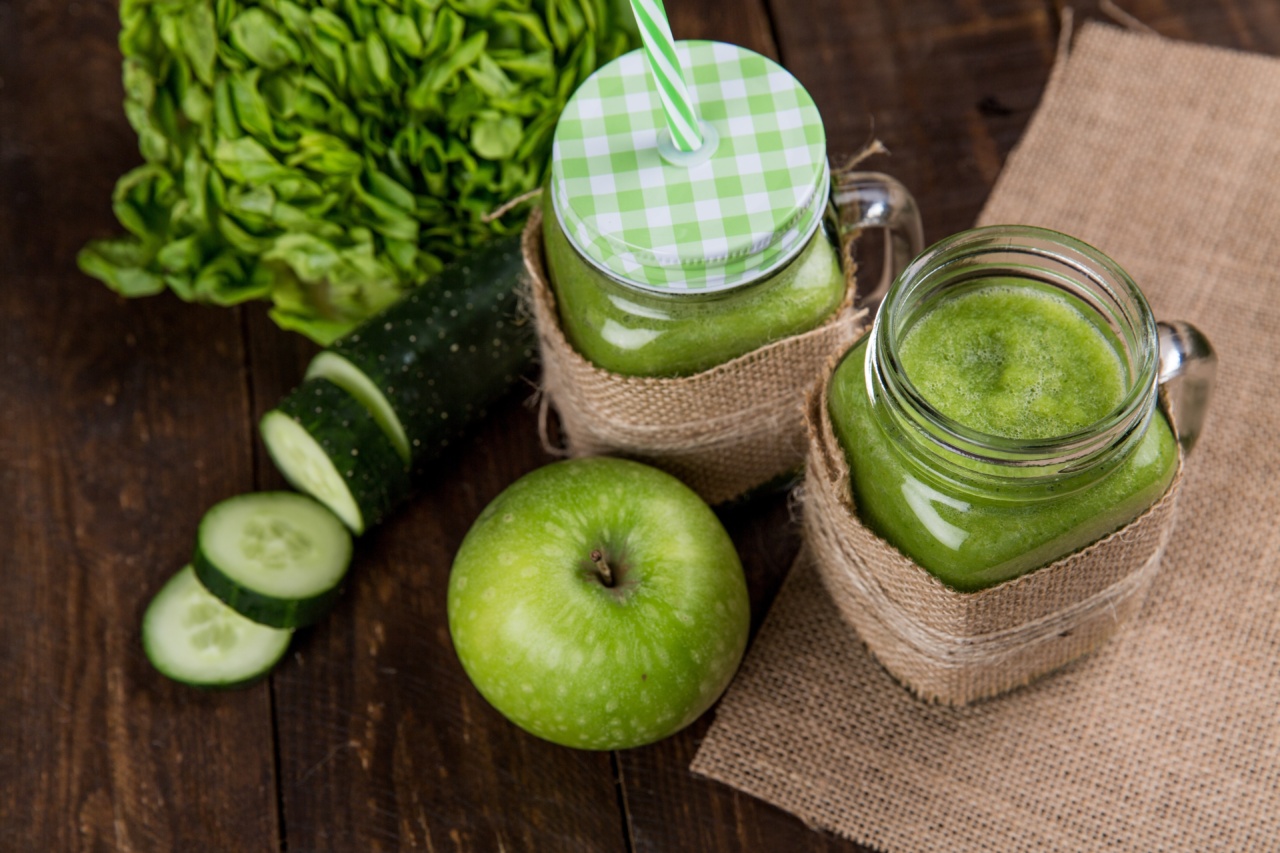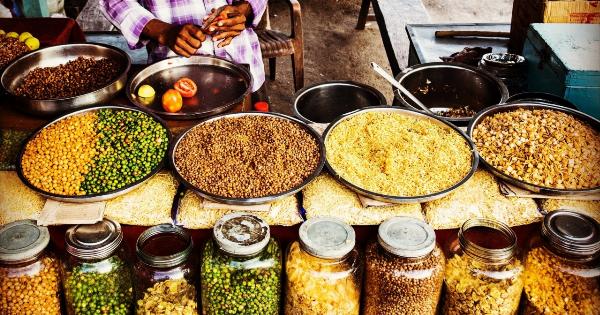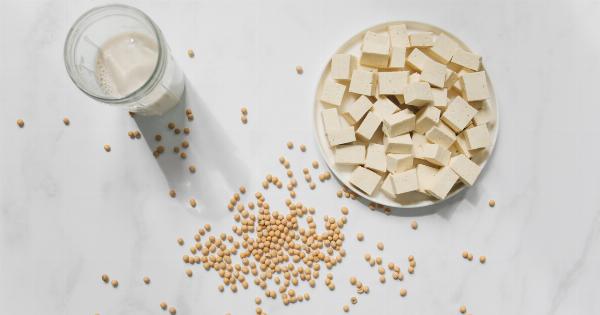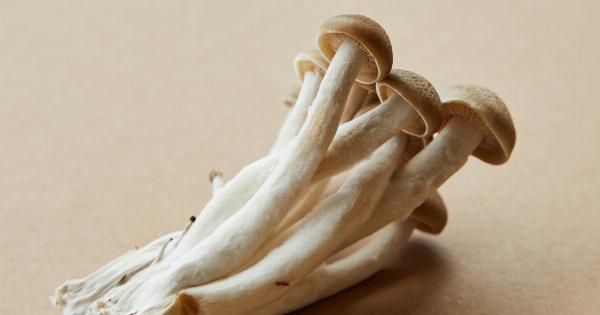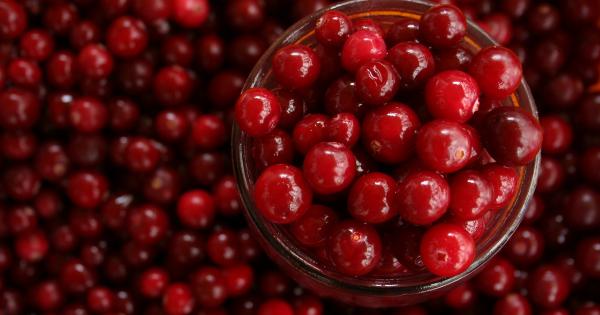When it comes to protein, most people think of meat, poultry, and fish as the main sources. However, vegetables can also be a rich source of this essential macronutrient.
In fact, diets that are high in plant-based protein have been found to have a lot of health benefits, including a reduced risk of chronic diseases such as obesity, type-2 diabetes, and heart disease. In this article, we will explore the benefits of protein-packed vegetables and how you can incorporate them into your diet.
Understanding Protein and its Benefits
Protein is one of the three macronutrients that our bodies need. The other two are fats and carbohydrates. Proteins are made up of amino acids which are essential for the development, maintenance, and repair of the body’s tissues.
Protein is vital for healthy bones, muscles, and skin. It is also necessary for the production of enzymes, hormones, and other body chemicals.
Protein is also essential for weight loss. Diets high in protein can help reduce appetite and increase satiety. When you eat protein, it takes longer to digest, leaving you feeling fuller for longer.
This means you will be less likely to snack or overeat between meals.
The Benefits of Plant-Based Protein
Plant-based protein can provide a host of benefits for your health. Here are some of the top advantages of consuming more protein from plant sources:.
: Lower Risk of Chronic Diseases
A diet that is high in plant-based protein can reduce the risk of chronic diseases such as type-2 diabetes, obesity, heart disease, and some forms of cancer.
Plant-based sources of protein are low in saturated fat and cholesterol, making them a better option for heart health. They are also rich in fibre, which can help to reduce blood cholesterol and stabilize blood sugar levels.
: Higher Nutrient Content
Vegetables are packed with essential nutrients such as vitamins, minerals, and antioxidants. By consuming protein from plant sources, you are also getting these important nutrients.
This can help to ensure that you have a well-rounded and balanced diet that supports overall health and wellbeing.
: Support for Digestive Health
Many plant-based protein sources such as beans, lentils, and chickpeas are high in fibre. Fibre is essential for maintaining healthy digestion and bowel function.
It can help to prevent constipation, reduce inflammation in the gut, and promote the growth of good bacteria in the bowel.
Top Plant-Based Protein Sources
If you are looking to incorporate more plant-based protein into your diet, here are some of the top sources to consider:.
: Beans and Legumes
Beans, lentils, chickpeas, and peas are all excellent sources of plant-based protein. They are also high in fibre and other important nutrients such as iron, magnesium, and potassium. Add them to soups, salads, and casseroles for a protein-packed boost.
: Nuts and Seeds
Nuts and seeds are a rich source of healthy fats, fibre, and protein. They can be added to smoothies, yoghurt, and salads for a satisfying and tasty snack. Some of the best varieties to try include almonds, cashews, chia seeds, and pumpkin seeds.
: Whole Grains
Whole grains such as quinoa, brown rice, and oats are excellent sources of plant-based protein. They are also high in fibre and other vital nutrients such as iron and magnesium.
Use whole grains as a base for salads and stir-fries or add them to soups and stews.
: Vegetables
Many vegetables are higher in protein than you might think. Broccoli, spinach, asparagus, artichokes, and kale are all great sources of plant-based protein. They can be used to add flavour and nutrition to soups, stir-fries, and salads.
: Simple Ways to Add More Protein-Packed Vegetables to Your Diet
Here are some easy and practical tips for incorporating more protein-packed vegetables into your diet:.
: Start with Breakfast
Breakfast is a great time to add more protein to your diet. Try adding vegetables such as spinach and avocado to your omelette or scrambled eggs. Swap out your regular white toast for whole grain or sprouted bread to boost your protein and fibre intake.
: Experiment with Meat-Free Meals
Challenge yourself to try a few meat-free meals each week. Replace meat with protein-packed vegetables such as beans, lentils, or tofu.
Cook up a big pot of vegetable soup or chili to ensure that you have tasty and nutritious meals available throughout the week.
: Snack Smart
Keep protein-packed snacks such as nuts, seeds, and hummus on hand for when hunger strikes. Chop up some fresh vegetables and pair them with a homemade dip such as guacamole or tzatziki for a tasty and nutritious snack.
: Get Creative in the Kitchen
Experiment with new recipes that use protein-packed vegetables. Try making cauliflower rice or zucchini noodles as a replacement for traditional rice or pasta.
Blend up a smoothie with kale, spinach, and chia seeds for a quick and easy breakfast or snack.
Conclusion
Protein is a vital nutrient that our bodies need to stay healthy. While meat, poultry, and fish are the most commonly recognized sources of protein, vegetables can also be a rich source.
Plant-based sources of protein have been found to provide a range of health benefits, including a lower risk of chronic diseases, higher nutrient content, and support for digestive health. By incorporating more protein-packed vegetables into your diet, you can enjoy these benefits and support your overall health and wellbeing.
